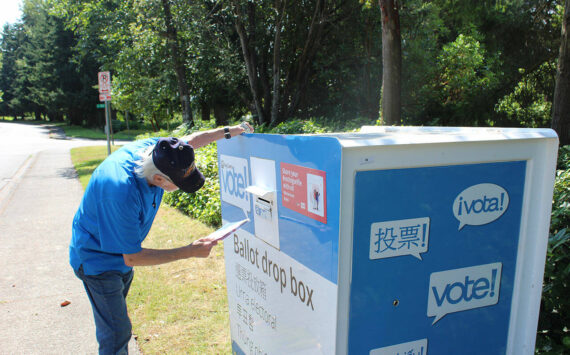We all want the latest and greatest computer. As computer technology advances, computers are constantly replaced. Microsoft co-founder Paul Allen saw the benefit of archiving decades-old computers and software, considering them worthy of preservation and study — both for the cutting-edge innovations of their day as well as their historical significances.
Allen found a believer in Rich Alderson, the server engineer at PDPPlanet.com. Alderson spoke with me about Allen’s Historic Mainframes and Minicomputers restoration project, which resurrects and maintains mainframe computers that were around in the 1960s, puts them online, and gives people access to play with them. The project even has a few computers that, back in their day, cost over $1 million and occupy half a room.
DANA GREENLEE: Give us a little background.
RICH ALDERSON: In the mid-1990s, I was working for a Redmond company called XKL, building a clone of these older DEC systems — typical 1970s room-sized computers. One thing we were building at XKL was the size of a two-drawer file cabinet. Paul found out about us, came to visit, and bought one. Thats when I found out what he wanted to accomplish with these, something thats been on his mind a very long time. The kinds of programming that got done on systems like the DEC-10 and the DEC-20 were some of the biggest breakthroughs in areas like artificial intelligence and databases — these things were invented on this hardware in a very limited resource environment. Large disk drives were under 500 megabytes. Back then, it was a lot of space but we still had to be smart about how we programmed.
GREENLEE: Why did Paul Allen feel the world needed a site and project to bring back the past?
ALDERSON: What Paul wanted to see was that the techniques that we learned under those conditions didnt get lost when it came time for people to have to do the same sort of thing on a 500-gigabyte disk on a CPU that ran literally one million times as fast as the ones we were using.
GREENLEE: Tell us what you can do at the site. I notice you give online access to these older systems to help people learn.
ALDERSON: You can request an account on our DEC system and the XKL system and work with them via telnet. Its all command line. Someone whos used to using DOS would not be terribly uncomfortable with the user interface, but theres no graphical use of all.
GREENLEE: What kinds of people are looking to set up accounts and learn from these old systems?
ALDERSON: I havent put any restrictions on that. Im getting requests from high school students who say this sounds really cool and theyd like to find out what it was like. Im also hearing from grizzled veterans like myself who worked on these things in the course of their careers. I got requests from old DEC employees, for that matter, who are really excited that these things they loved 20 to 30 years ago are available again. Interest is the only thing I really look at.
GREENLEE: I know youre maintaining the oldest computers, but it would be important to keep a functioning archive of the whole span of computer systems over the decades.
ALDERSON: There are efforts to preserve the earliest of those. Paul has funded a microcomputer museum in Albuquerque, New Mexico.
You can listen to the full audio interview with Rich Alderson at the WebTalkRadio.com archive page.




